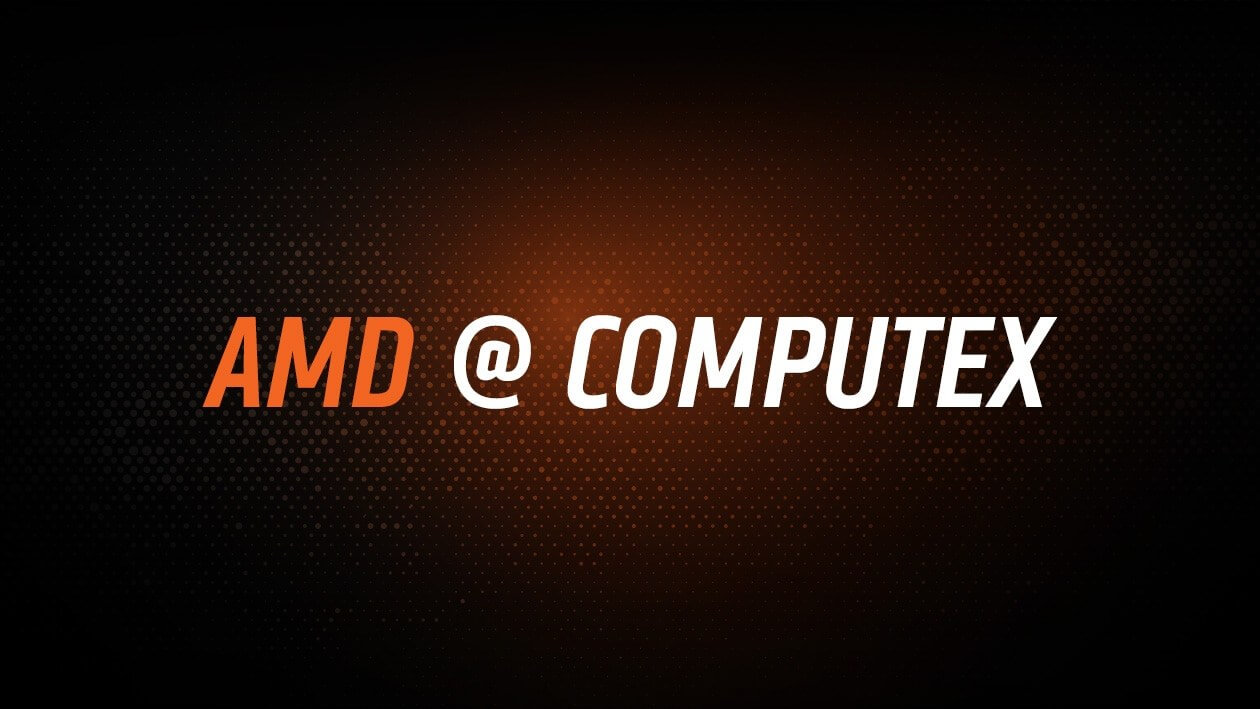Highly anticipated: AMD has announced a few important dates that are worth keeping on your radar. AMD is set to kick off a busy summer with a big presence at Computex, followed by events at E3 and Hot Chips 31 (2019). Long awaited product lines, especially on the graphics side are incoming.

As we approach Q3, AMD has a busy schedule, beginning an aggressive product launch cadence centered on its 7nm portfolio.
There's the Zen 2-based Ryzen 3000, Radeon Navi GPUs, and the Epyc Rome datacenter CPUs. What's more, AMD will have a string of events intersecting these product announcements. Below we have a recap of all of the chipmaker's upcoming events, and where to watch and learn more.
- Computex 2019, Sunday, May 26:
This is the first stop for AMD, where AMD CEO Dr. Lisa Su will be giving a pre-show keynote. Once Computex kicks off in earnest, we expect a slew of news from AMD regarding Ryzen 3000, the X570 chipset and accompanying motherboards, Epyc Rome, and possibly Navi. AMD's Computex keynote will be live-streamed here. -
AMD Next Horizon Gaming event, Monday, June 10:
At E3 2019, AMD will host its Next Horizon Gaming event, where Dr. Lisa Su is expected to give a presentation detailing next generation products related to gaming across PCs, consoles, and the cloud. AMD could also unwrap Navi details here, as AMD has chosen this venue for past graphics card launches like the R9 Fury X and the RX 400-series.
There will be a live stream, which can be viewed via AMD's YouTube channel or Facebook page. - Hot Chips, Monday, August 19:
At Hot Chips, Dr. Lisa Su will deliver yet another keynote, titled "Delivering the Future of High-Performance Computing with System, Software and Silicon Co-Optimization." Hot Chips has become a place of preference for chip makers to dive into microarchitecture overviews, and AMD is expected to discuss the x86 Zen 2 and Navi architectures and their roadmap for the months and years to come.
https://www.techspot.com/news/80186-watch-out-all-amd-upcoming-events-computex-e3.html